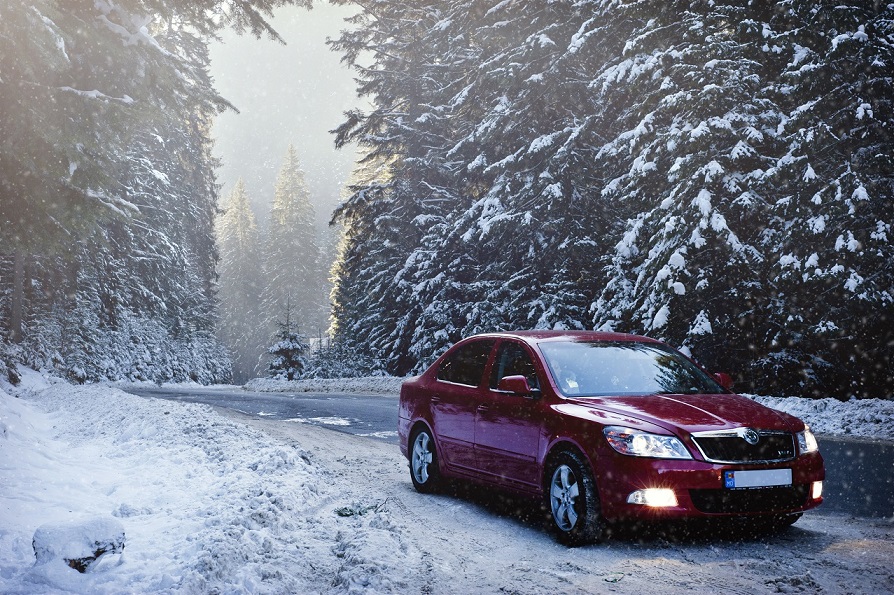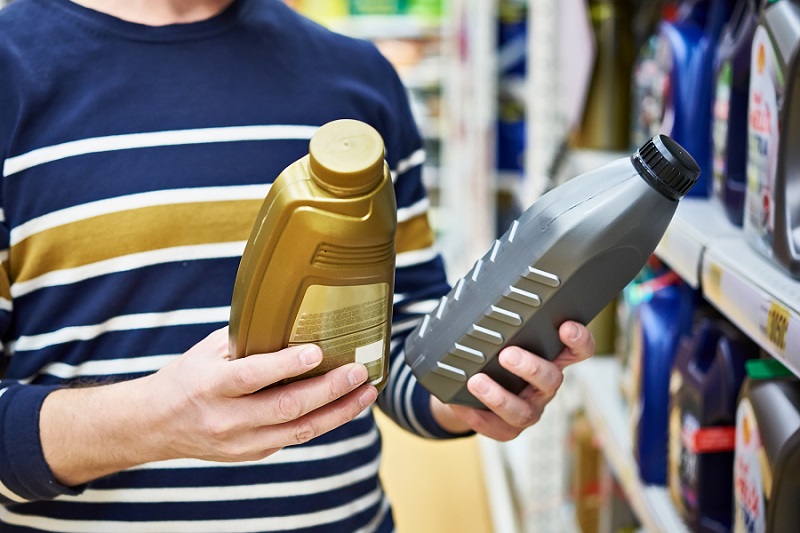The year has gone come and gone; winter is directly around the corner! While we’ve all cherished the hotter months and making the most of our valued belongings in the daylight, the snow is prepared to fall, and the garage sovereigns are prepared to rest for the months ahead. While they’re at rest, we should ensure your day by day drivers and winter machines are ready for even the harshest climates!
At the point when the days get shorter and the temperature drops to minus freezing, the idea of washing your vehicle appears to be somewhat ridiculous, mainly as you, in all likelihood, went through 20 minutes toward the beginning of today scratching inch thick ice off the windshield and tomorrow you realize it’ll be pelted with rain and side of the road splatter.
The easiest question to ask is: What Do I Need for winter? Generally, changing your washer liquid, redesigning your wipers, swapping out your battery, or even merely adding a winter coat to your rearward sitting arrangement for those additional cold days fulfills the appropriate response, yet shouldn’t something be said about your vehicle’s completion? At the point when you’re scratching the ice off your windshield or brushing the snow away from the entryway handles and hood, those unsafe fibers are unfavorable to your paint! Today, we’re here to assist you with setting up your vehicle for the snow season.
In any case, although washing your vehicle or taking it to a vehicle wash appears to be an exercise in emptiness, it is, in reality, significantly more vital to do as such during winter to shield it from the harm brought about by salt, coarseness and wet, sludgy highway grime.
Here are the top 7 tips to keep your car clean in winter.
-
Snow
If we figure out how to get more than a light splattering of snow, to abstain from passing through whatever is excessively deep. This won’t just control the vehicle troublesome yet will likewise top off the underside and open the metal to salt. Also, passing through slush, puddles, or through wet, intensely gritted streets will again rapidly destroy your vehicle. Street salt is very destructive and, after some time, will dissolve metal and permit rust to set in. This way, it is consistently sensible to usually visit a vehicle wash or splash under your vehicle with a pressure washer to eliminate the salt and coarseness, which gets compacted after a couple of journeys.
-
Wash Every 7 to 10 Days
It’s essential to wash your vehicle each seven to 10 days with a quality vehicle cleanser in a wet climate. At the very least, go through an automatic car wash once per week as a feature of your week after week schedule. Water is acidic, which abandons stores where each droplet fell. Usually, this can negatively affect your vehicle’s paintwork and parts, bringing about rust in any event. Blustery seasons request more successive washings if you plan to keep your vehicle in optimal shape.
-
Keep your Distance
Try not to drive excessively not far behind vehicles, and all the more explicitly, lorries and hefty cars. In addition to the fact that this is sensible and safe, it restricts the measure of coarseness, salt, dirt, and oils, which can be splashed up onto your vehicle.
-
Protect Your Exterior Paint
It sounds senseless; however, rain doesn’t coexist with your vehicle’s outside paint. Although the exterior color is ensured against water and contaminants with a transparent paint layer, it will dissolve after some time. To make it longer, it’s essential to treat it. After being out in the rain, give your vehicle wash with a hose and afterward wax it. Wax is an extraordinary method to keep up the uprightness of your paintwork flawless. You can likewise include a paint protection film, which can be introduced when your vehicle is new. This will give definitive security to your unique production line paint, assisting with shielding it from scratches too. Additionally, it very well may be effectively taken out if necessary.
- Keep Your Car Sheltered When Possible
Carports and garages are made to shield your vehicle from the exterior elements. If conceivable, ensure you cover your vehicle when you can since water can leak in the middle of your bodywork and different parts. Water can undoubtedly advance into zones where it takes more time to vanish, which quickens the pace of erosion. By keeping your vehicle sheltered, you can limit the rare in which decay occurs.
If you don’t have a shelter in your home, think about a separate vertical garage to protect your vehicle. They are now and again more compelling in sheltering cars since they take into account airflow under the cover. This implies your vehicle dries out quicker, limiting erosion. Another alternative is utilizing a defensive spread when your car is left outside. These waterproof spreads secure your vehicle when they are left outside, particularly for extensive periods. They can give in on-the-go protection when you need it the most.
-
Don’t Forget to Wax
While you ought to start washing your vehicle once every week, vehicle waxes are intended to last more, so they require fewer applications. You have to apply vehicle wax, in any event, four times each year, ideally toward the start of each season. If your vehicle is red, white, or dark, you’ll need to apply another coat middle of the season because these hues are more vulnerable to UV beams and acid rain.
While picking a wax item, you need one that will last the whole season. Better things will cost more; however, selecting a less expensive wax may misuse use time and cash. Zero particularly on the vehicle’s rooftop, hood, and trunk, as these are generally powerless against harmful deposits and UV harm.
-
Check Your Wiper Blades
As we’ve said ordinarily previously, windshield wipers are essential for your driving wellbeing, particularly in the spring when the climate turns rainy. Ensure you can consistently utilize your wipers when it begins coming down, guarantee that they have the correct degree of liquid and that the cutting edges aren’t exhausted. Deceivability in the rain is fundamental, so try to check these before the rainy season begins.



